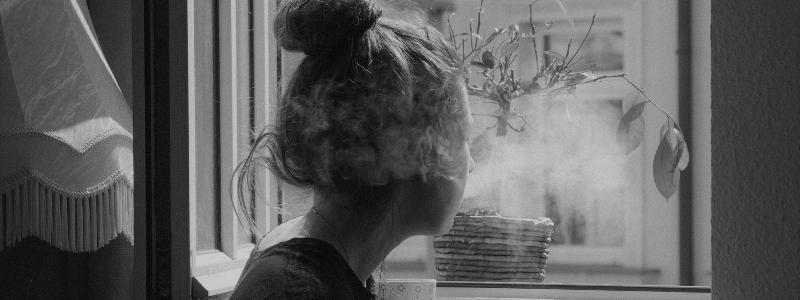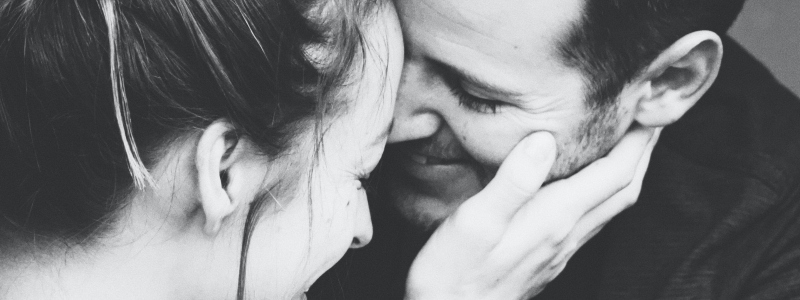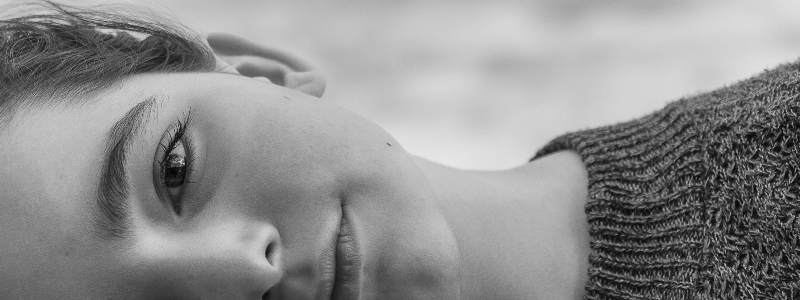Ask any psychotherapist what the goal of therapy is and you will likely get a slightly different answer. However, I would suggest that assertiveness is a core aspect of the work – allow me to explain.
Assertiveness is relational in context. We can and need courage to go forth in life but assertiveness is only needed in the context of relationships; when we are on our own we may need courage and bravery, but not assertiveness.
Healthy relationships between two (or more) adults are based on the premise that each can remain psychologically and emotionally separate to the other, each be aware of their boundaries and where both parties can put their wants and needs into the mix and negotiate to get these met.
Assertiveness is the ability to be aware of where you physically, psychologically and emotionally begin and end and importantly to be able to name those limits and protect them if necessary.
The two types of relationships
I see the world of relationships split across two realms – the one-person and two-person world.
In a one person world, even though it may look like there are two people interacting or having a relationship, in reality there is only one. If one party feels unable to ‘stand up’ to the other – to put their needs into the mix – then the relationship essentially revolves around the wants and whims of one person. This would be what we think of in the context of having a relationship with someone with a narcissistic personality: narcissistic people want the world to reflect back to them their wants and needs and they are unable to take anyone else into consideration.
There is a second scenario where one person relationships or interactions can manifest even if neither party has a narcissistic structure and that is where one of the individuals is unable to bring themselves, their wants, needs and appetite, into the relationship and this is where they are unable to be assertive.
For such people, when they encounter resistance from another, it brings on huge anxiety and their default position is to ‘placate’ or go along with the other for fear of upsetting them, hurting their feelings or encountering conflict – they are overly and pathologically agreeable.
This is behaviour that has been learnt at a very young age in their family of origin and most likely came about as a result of being in relationship with a parent who had a narcissistic structure.
For young children, their primary objective is to preserve the relationship with their caregiver(s). This is primal and essential as a child with no parent will not survive (either literally or psychologically).
The attachment style link
Now if a child is what we called securely attached, they learn from a young age that they are allowed (encouraged) to bring their thoughts feelings and needs into the relationship with their caregivers. This does not mean that they get everything that they want, but what it does mean is that that child can express anger, frustration, sadness and joy, without being shut-down by the parent. This is the perfect environment for a child to learn to become assertive.
If on the other hand a child has grown up to be insecurely attached, then in this context they have picked up overt or covert messages from their caregiver that they are not allowed to simply express themselves – that they are either too much, or too little. The child, in a bid to preserve the precarious attachment with their parent modifies their behaviour to become what they believe their parent wants them to be. And this become an entrenched way of relating that they then take forward into all encounters in their life.
In such contexts, the clinical work is through the relationship between t erapist and patient to start to slowly dismantle this relational style. The patient must mourn what they did not get as a child and then uncouple how they survived as a child from daily interactions in the present. In other words, they must start to become assertive and survive their unconscious fears of abandonment.
Mark Vahrmeyer, UKCP Registered, BHP Co-founder is an integrative psychotherapist with a wide range of clinical experience from both the public and private sectors. He currently sees both individuals and couples, primarily for ongoing psychotherapy. Mark is available at the Lewes and Brighton & Hove Practices.
Further reading by Mark Vahrmeyer –
Why do we expect Women to Smile and not Men?
Why do some of us feel a constant sense of dread?
Is there a good way to break up with someone?
Can self care become an identity?
Can psychotherapy help narcissists?














